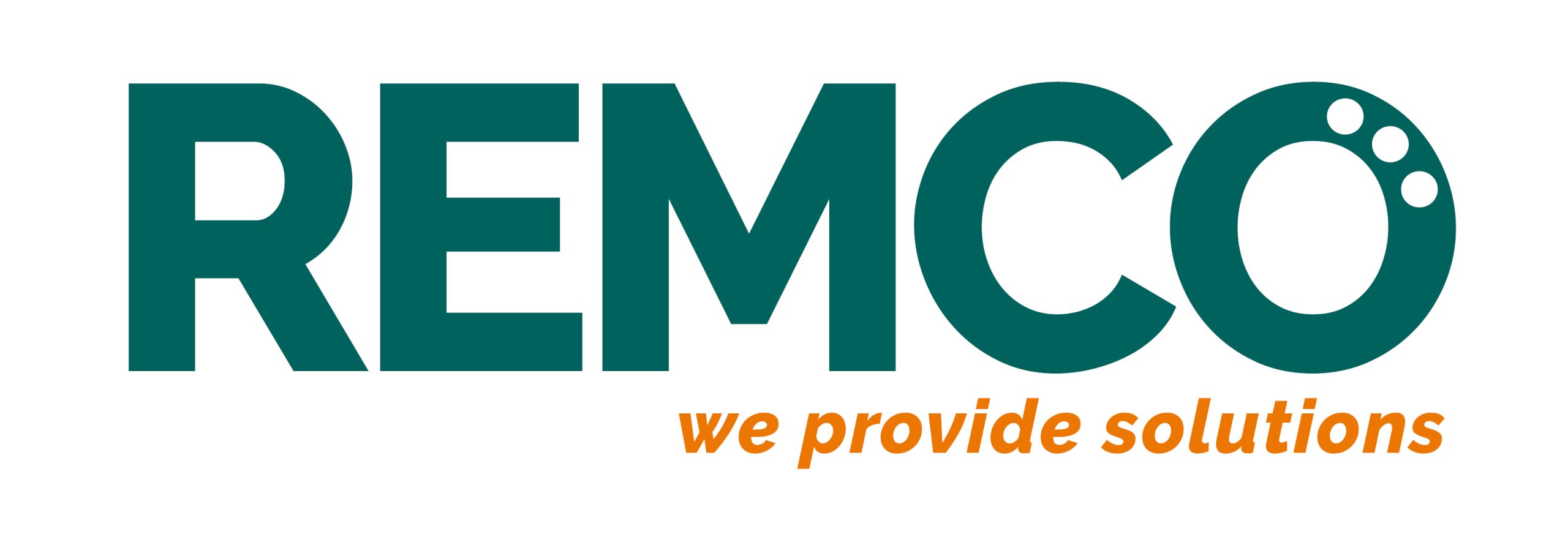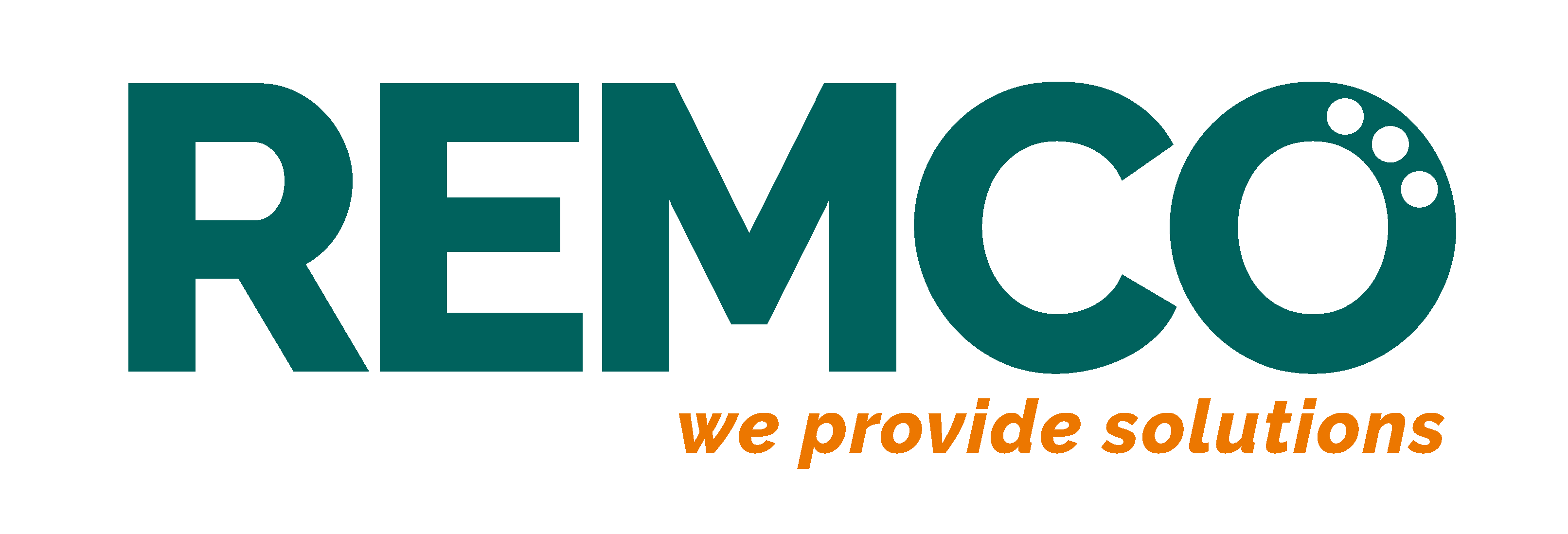BASF Agreements: A Comprehensive Overview
BASF, also known as the Badische Anilin und Soda Fabrik, is a German-based multinational chemical company. Founded in 1865, the company has been a pioneer in the chemical industry and is now one of the largest chemical producers in the world. BASF has operations in over 80 countries and employs more than 117,000 people.
As a global company, BASF enters into various agreements and partnerships with other industry players. These agreements may include joint ventures, collaboration agreements, licensing agreements, and supply agreements, among others. In this article, we will provide a comprehensive overview of some of the notable BASF agreements.
Joint Ventures
BASF has entered into various joint ventures with other companies to collaborate on research and development, production, and marketing of specific products. Some notable joint ventures include:
– BASF-YPC: BASF-YPC is a joint venture between BASF and Sinopec, a Chinese-based petroleum and chemical company. The joint venture produces a wide range of chemicals, including polyurethane, coatings, and electronic materials.
– Ellba Eastern: BASF has a 60% stake in Ellba Eastern, a joint venture with Shell. The joint venture produces propylene oxide and styrene monomer in Singapore.
– Styrolution: Styrolution is a joint venture between BASF and INEOS. The joint venture produces styrenic plastics, which are used in a wide range of applications, including electronics, automotive, and construction.
Collaboration Agreements
BASF also collaborates with other companies in various industries to develop new products, technologies, and solutions. Some notable collaboration agreements include:
– Joint Development Agreement with Toyota: BASF and Toyota Motor Corporation entered into a joint development agreement to develop a new catalyst technology for automotive catalytic converters. This collaboration aims to improve the efficiency of catalytic converters and reduce their environmental impact.
– Partnership with HP Indigo: BASF partnered with HP Indigo to develop new printing technologies for commercial printing. The collaboration aims to improve the efficiency and sustainability of commercial printing processes.
– Collaboration with Novozymes: BASF collaborates with Novozymes, a Danish biotechnology company, to develop new solutions for agriculture. The collaboration aims to provide farmers with more sustainable and environmentally friendly solutions for crop protection and nutrition.
Licensing Agreements
BASF also enters into licensing agreements with other companies to allow them to use its patented technologies and products. Some notable licensing agreements include:
– License Agreement with DuPont: BASF licensed its insecticide technology to DuPont for use in its agricultural products.
– Licensing Agreement with Monsanto: BASF licensed its herbicide resistance technology to Monsanto for use in its genetically modified crops.
Supply Agreements
BASF also enters into supply agreements with other companies to supply them with its chemicals and products. Some notable supply agreements include:
– Supply Agreement with Procter & Gamble: BASF supplies Procter & Gamble with various surfactants and other chemicals for use in its consumer products, such as laundry detergents and personal care products.
– Supply Agreement with Shell: BASF supplies Shell with various chemicals, such as styrene monomer, for use in its petrochemical operations.
Conclusion
BASF is a global leader in the chemical industry, and its agreements with other companies are a testament to its commitment to innovation, collaboration, and sustainability. By entering into joint ventures, collaboration agreements, licensing agreements, and supply agreements, BASF can leverage its expertise and resources to develop new products and solutions to meet the evolving needs of its customers and the industry.


